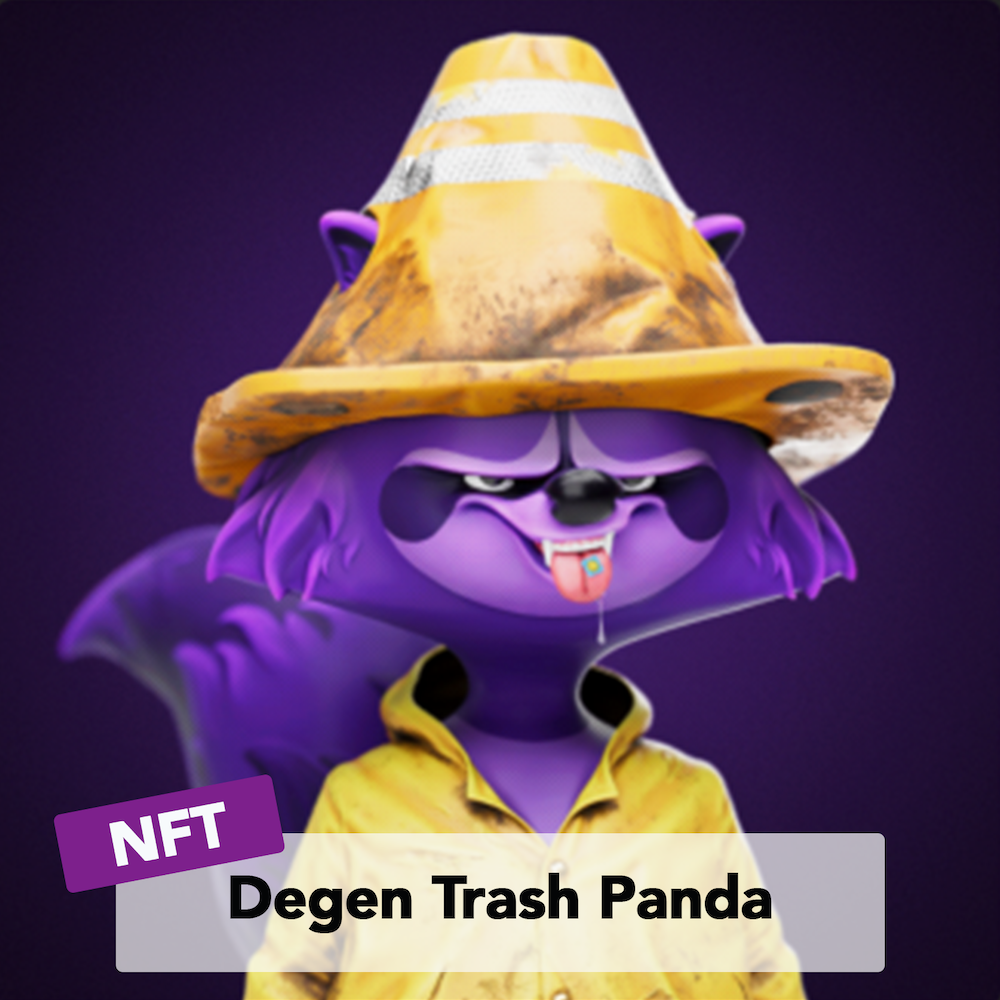Maple Finance and Maple (MPL) are two distinct projects in the decentralized finance (DeFi) space, each with its own characteristics and purposes:
Maple Finance (SYRUP): Purpose: Maple Finance is a decentralized finance protocol designed to provide decentralized lending services. It allows lenders (providers of capital) to earn interest by lending their funds to borrowers in a secure and transparent manner.
Token: The token associated with Maple Finance is SYRUP.
Maple (MPL): Purpose: Maple (MPL) is a decentralized protocol focused on creating decentralized finance products that enable borrowing and lending in the crypto space. It aims to provide efficient and transparent lending markets for institutional and retail users.
Token: The native token of the Maple protocol is MPL.
Both projects operate within the broader DeFi ecosystem but focus on different aspects of lending and borrowing. Maple Finance (SYRUP) emphasizes decentralized lending services, while Maple (MPL) aims to build decentralized finance products catering to both institutional and retail users. The distinction lies in their specific functionalities, target audiences, and underlying protocols despite their shared focus on DeFi lending.
GEODNET: Decentralized GNSS Network – Uses a network of independently operated base stations to provide real-time corrections for high-precision positioning.
Crypto Incentives – Operators of GEODNET base stations earn rewards in the network’s native cryptocurrency for contributing geospatial data.
RTK (Real-Time Kinematic) & PPP (Precise Point Positioning) – Provides centimeter-level accuracy for GPS and other satellite navigation systems.
Blockchain-Powered – Uses blockchain technology for transparent data validation, transactions, and rewarding contributors.
Global Coverage – Aims to expand its network worldwide, enabling reliable positioning solutions in various industries.
Use Cases:
-
Autonomous Vehicles – Enables precise navigation for self-driving cars and drones.
-
Agriculture – Supports precision farming by providing accurate GPS data for machinery.
-
Surveying & Mapping – Enhances geospatial data collection with high accuracy.
-
IoT & Smart Cities – Helps power location-based services in urban environments.
GEODNET positions itself as a decentralized alternative to traditional GNSS correction services, leveraging blockchain and tokenized rewards to incentivize participation in building a global high-precision positioning network.
STORY (IP) is a blockchain-based platform designed to facilitate the tokenization, ownership, and monetization of intellectual property (IP) in the entertainment industry. It allows creators, writers, and producers to leverage decentralized technology to manage and monetize their content more efficiently.
Key Features of STORY (IP): Decentralized IP Management – Enables creators to register, track, and prove ownership of their intellectual property on the blockchain.
Tokenization of IP Rights – Allows for fractional ownership of stories, scripts, and other creative works, making it easier to fund and distribute content.
Smart Contracts for Royalties – Ensures transparent and automated royalty payments to content creators and investors.
Marketplace for Content – Connects IP owners with studios, producers, and investors, facilitating collaboration and licensing deals.
Community-Driven Development – Uses blockchain governance to allow stakeholders to participate in decision-making related to IP projects.
Use Cases:
-
Film & TV – Enables screenwriters and filmmakers to tokenize their work for funding and distribution.
-
Books & Comics – Helps authors and artists secure their rights and sell digital ownership stakes.
-
Gaming & Metaverse – Provides a framework for integrating IP into blockchain-based games and virtual experiences.
STORY (IP) aims to democratize the entertainment industry by giving independent creators more control over their work while leveraging blockchain for transparency and monetization.

